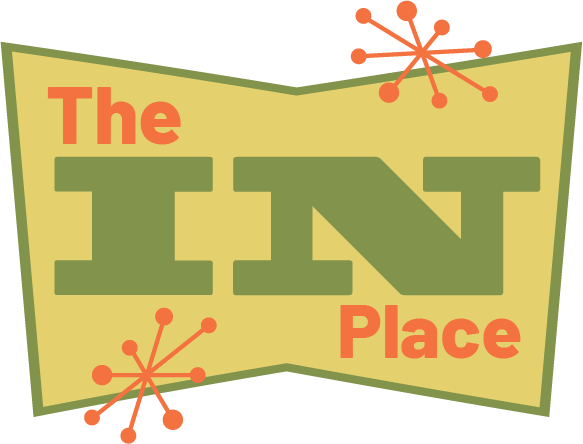Think outside the box and reassess
Today’s entry is more of a personal thought. I basically wrote a book right before the pandemic. But it wasn’t quite long enough. It was about 85 pages on how to keep a bad ass to do list, task management for the ADHD brain. It is a topic near and dear to my heart. And I don’t ever write blog posts about it because it’s a system I’ve developed that I consider somewhat proprietary. I only share it with my clients. While I was thinking about what to add to it to beef it up into book length, I got sick in the fall of 2019 and then the pandemic happened. At that point I had an anxious fifth grader into bipolar/dyslexic kindergarten. That went well.As a matter fact things have been a challenge on the homefront since then. You know this if you are a “constant reader.” (A term I have stolen from Stephen King.) Originally, I was completely without resources. I had no time. Had no extra attention or executive function. I had no bandwidth. And my mood was in the toilet. Things have been up and down since. But I never felt like I had the time and the bandwidth to re-tackle this project. Which is a shame. Because writing this book is a lot of what I want to do and work towards in terms of professional fulfillment. I love writing this blog and I get great feedback from the 30 or so of you who get it and read it. Thanks! But got a lot to say. I wanted to get out there.Anyway, I realize at some point that what I had written in 2019 was so old that it would have to be completely scrapped. Also, those were the days of speech to type…
